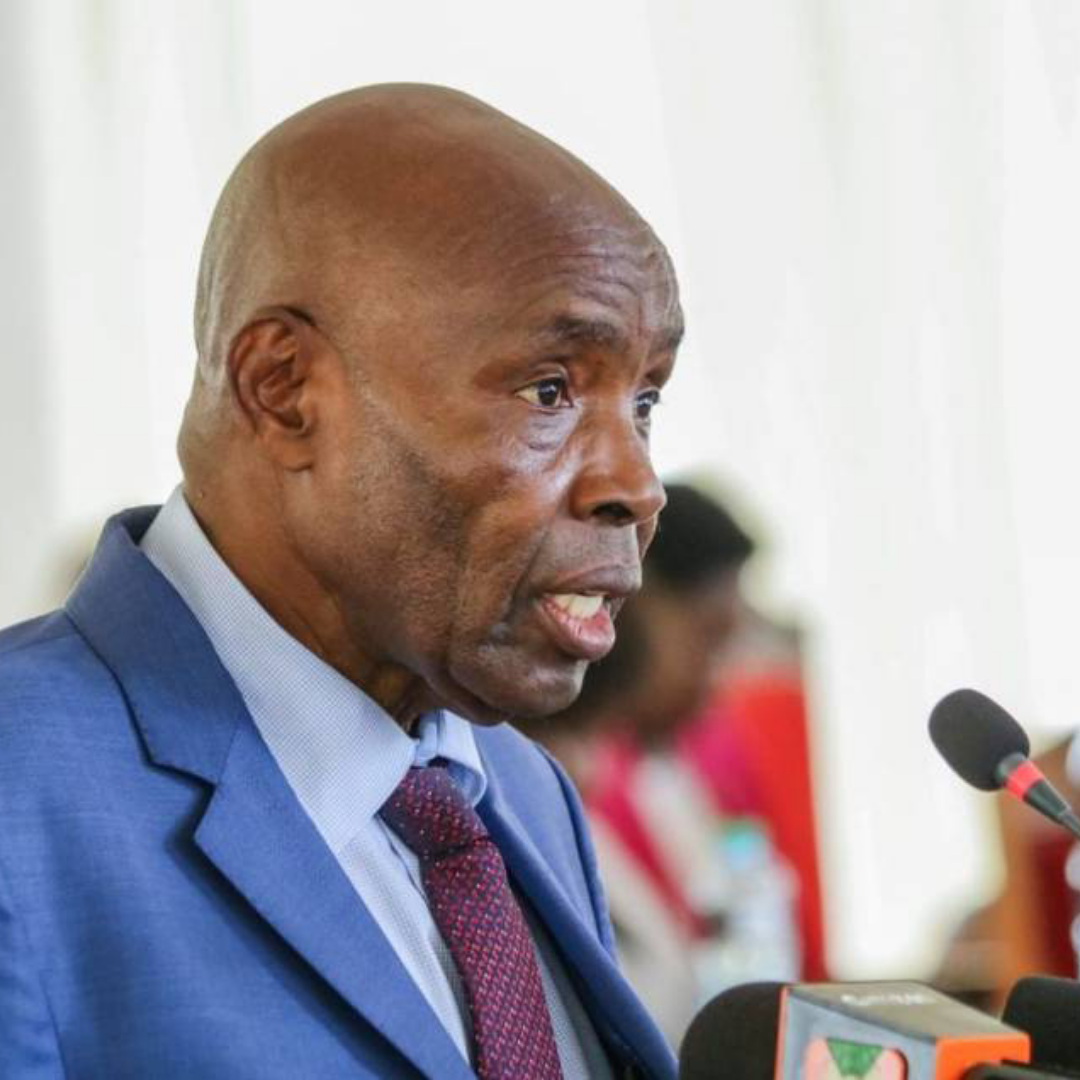
Cancel Culture: The Case of Shaffie Weru and Maxine Wahome

Cancel Culture has become a nuisance in society as it has led to the fall of many a people. A good example here in Kenya is Saffie Weru and the latest victim being Andrew Kibe. The two have made some sensitive comments through their platforms and have ended up losing their accounts.
This cancel culture was supposed to act fairly across all genders but has become discriminative only to men. Maxine Wahome is an example of the difference in treatment when it comes to cancel culture. Maxine is a rally driver who was early this year charged with an alleged involvement in a murder.
Maxine Wahome was recently allowed back into rally driving despite facing serious charges. Shaffie and Kibe on the other hand lost their platforms and some other opportunities they had worked so hard to achieve over the period of their careers.
This now puts the question, why are men treated differently by society when they do the same mistakes as women?
Many of the high-profile cancel culture cases that receive extensive media attention involve male public figures. This can create the impression that it primarily affects men. However, cancel culture can and does affect women as well, but their cases may receive less media coverage.
Gender stereotypes may play a role in how cancel culture is perceived. Society often expects men to exhibit certain behaviors traditionally associated with strength and resilience, which can lead to harsher public scrutiny when they are accused of wrongdoing. This scrutiny can make it appear as though men are more frequently targeted.
Cancel culture often takes aim at individuals who hold positions of power or privilege, and men have historically held more positions of power in various fields. Consequently, when powerful men are called out for their actions, it can attract more attention.
Social media plays a significant role in cancel culture, and online platforms can sometimes amplify cases involving men more than women. This can be due to the rapid spread of information, outrage, and calls for accountability on social media platforms.








